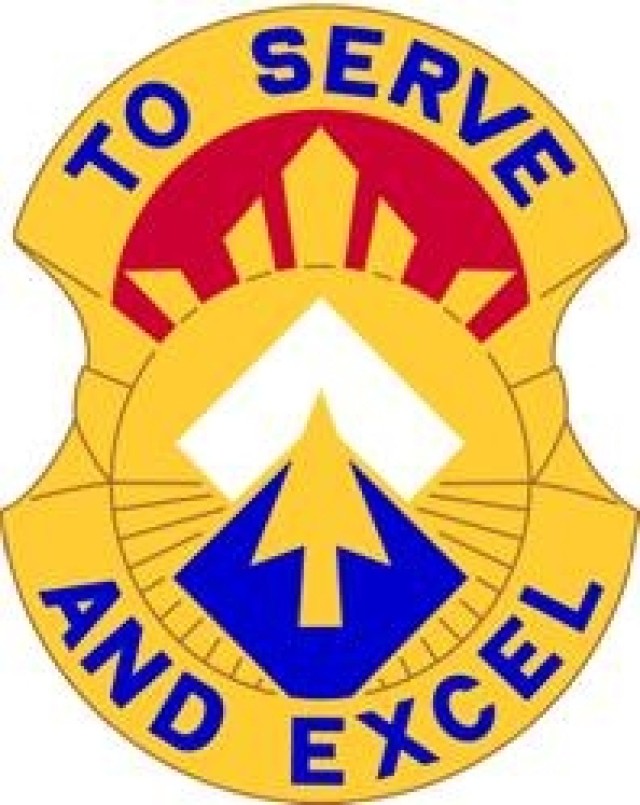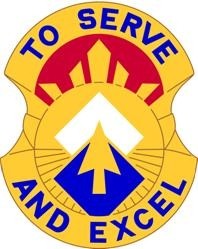<i>The following is a commentary</i>
For us in the 96th Regional Readiness Command (RRC), Business Transformation (BT) became part of a conscious culture change in how we do business, as early as the spring of 2005. At that time, we spent many hours identifying and finalizing key principles and communication strategies that we would incorporate into our new culture: a BT business mindset.
Adopting a business mindset meant that we provided training in 2005 on process improvement and followed it up with more training in 2006 on Lean Six Sigma. These two important training processes (together) served as the basis for our BT business mindset culture. The list below identifies a high-level view of the steps we used to create our own BT culture aimed at transforming our processes:
Aca,!Ac Ensured that practitioners and thought leaders received Six
Sigma and Process Improvement (Quality) Training.
Aca,!Ac Conducted a series of meetings (at various leadership levels in
the command) to discuss and identify key command strategies.
Aca,!Ac Achieved consensus on key command mission, vision and value
statements.
Aca,!Ac Held leadership feedback sessions (to provide open, honest,
two-way communication opportunities).
Aca,!Ac Identified specific areas in which improvements could be made
(taking advantage of "low-hanging fruit").
Aca,!Ac Began measurement of identified areas for improvement.
Aca,!Ac Adjusted processes for maximum performance improvement and
tracked improvements.
Creating a business mindset was something that was simple to do because - in the U.S. Army Reserve - we have the benefit of being involved in the business world as part of who we are. We have the advantage of being businesspersons in our civilian jobs. For example, Maj. Gen. Peter S. Cooke, our Commanding General, is a real estate developer in his civilian life and a CEO with a strong business mindset.
"I need to know today - right now - how my business is functioning. My need for up-to-date empirical data has influenced what we do and how we do it in the Army. Similarly, what I have learned in the Army has helped my business. I think this is the way it is, and will be in many areas. What we learn in one process will help positively impact another process in ways that we cannot even know yet. Through doing we will gain new understanding of the benefits of business transformation," said Cooke.
When it comes to BT, the 96th RRC wants to be remembered as a strong supporter - a good warrior - in the fight to transform the way we do business. We remember the challenge of the Secretary of the Army means that we must transform the way we do business in order to support the war fighter on the battlefield. It is because of this challenge that we have embraced BT and remember that we are here for one reason and one reason only - to support the warrior in the fight for freedom.


Social Sharing